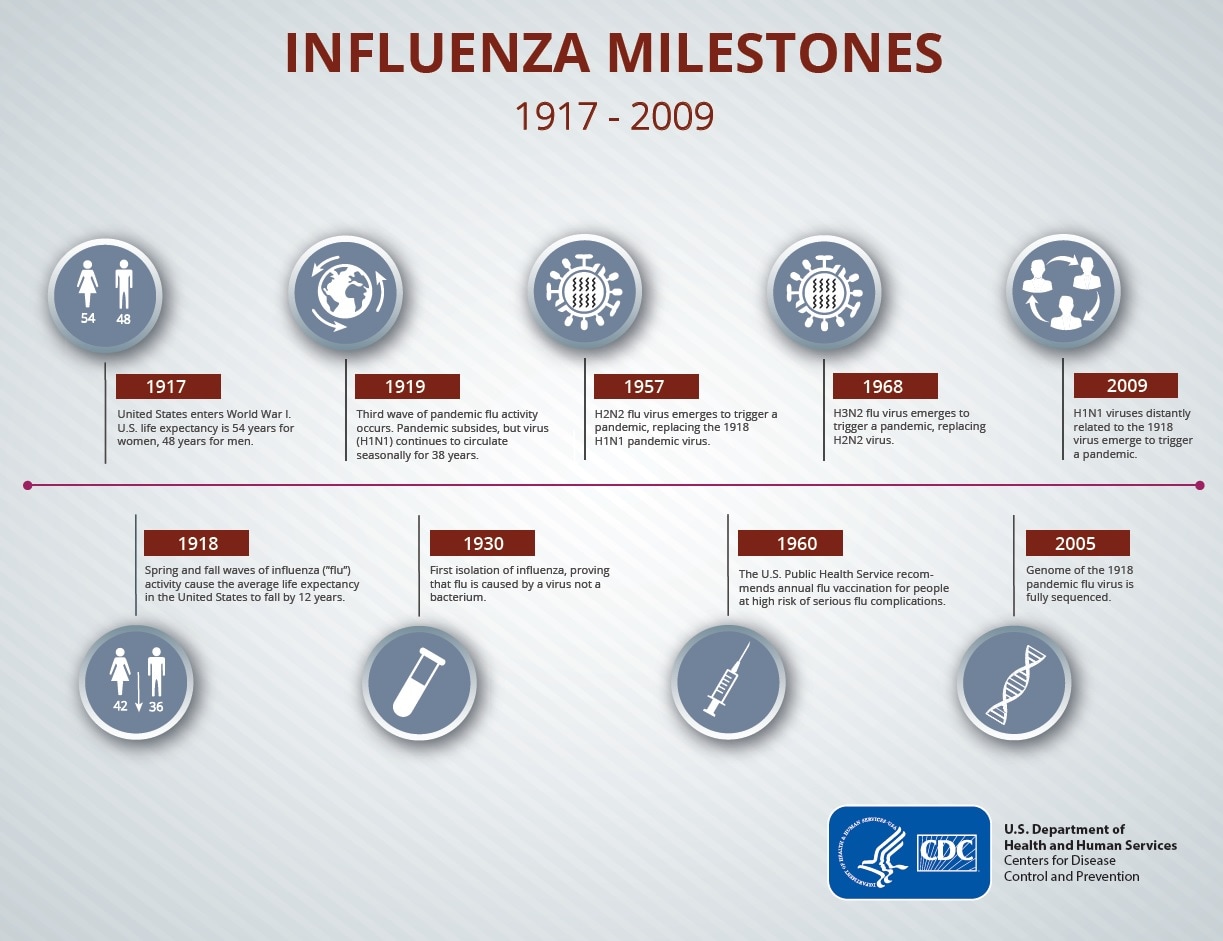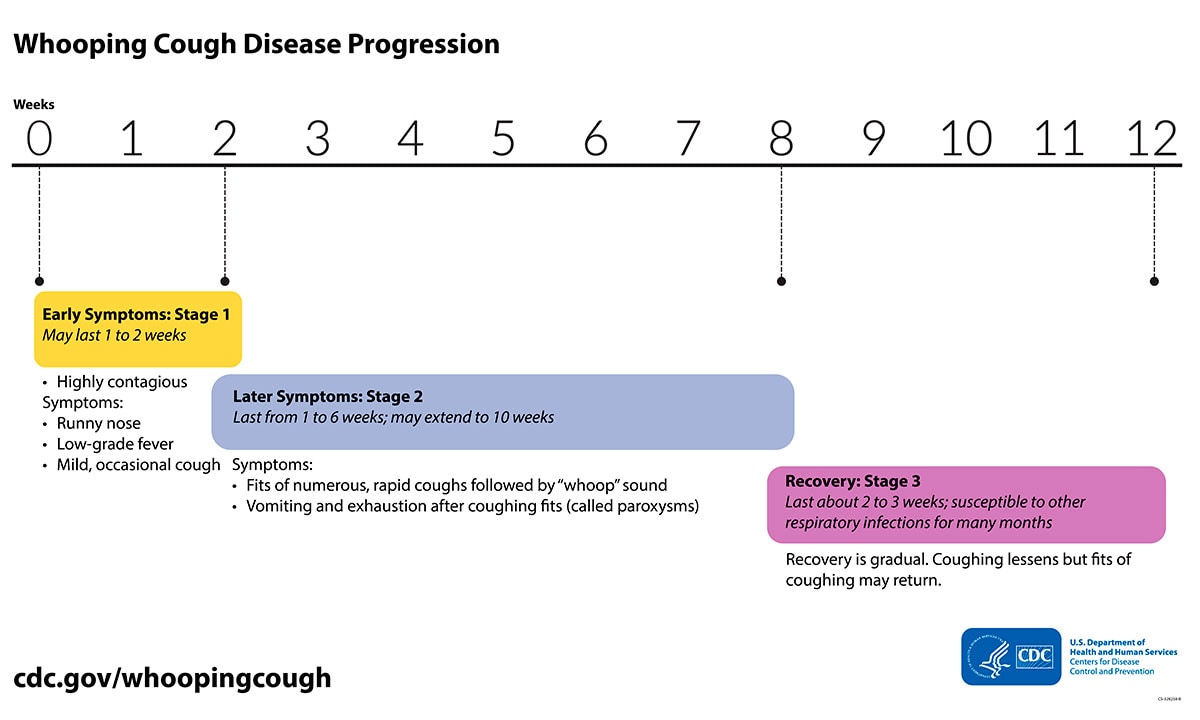

RELATED: History of vaccine mandates in the United States Which COVID vaccine is best?Ĭurrently, three COVID-19 vaccines have been approved in the U.S. The CDC has ongoing COVID-19 studies that will help to answer all of those questions, as well as to learn who might be at higher risk for reinfection and what reinfection means for a person’s immunity. The CDC also does not know how soon after the first infection that reinfection can take place, or how severe the cases of reinfection can be. With the information available, the CDC cannot say how likely reinfection is or how often it occurs. RELATED: ‘Today is day 93’: People report experiencing COVID-19 symptoms that last for months Can you get COVID twice?Ĭases of reinfection with COVID-19 have been reported but remain rare, according to the CDC. Read more about long COVID from the CDC here. Post-COVID conditions, also known as long COVID or long-haul COVID, can have different types and combinations of health problems for different lengths of time. As the type and severity of symptoms vary by person, so can their duration.Ī report from the World Health Organization says "the median time from onset to clinical recovery for mild cases is approximately 2 weeks and is 3-6 weeks for patients with severe or critical disease."Īdditionally, the CDC says most people with COVID-19 get better within weeks of illness, though some people report experiencing post-COVID conditions - even if they did not have symptoms during infection. Some symptoms, such as the loss of taste and smell, may persist for weeks or months after recovery.
#COVID SYMPTOMS TIMELINE WITH VACCINE HOW TO#
RELATED: COVID-19 delta variant surge: How to tell if you’re in high-risk area How long do COVID symptoms last? If you tested positive for COVID-19 but did not have symptoms, the CDC says you can be with others after 10 days have passed since your last positive test. The CDC says the loss of taste and smell, which are common symptoms of COVID-19, may persist for weeks or months after recovery and do not need to delay the end of your isolation.

RELATED: COVID-19 Delta variant symptoms: What we know and what to look for How long are you contagious with COVID?Īs more research is being done, the CDC has not definitively said when an infected person is no longer contagious from COVID-19, regardless of which variant they were infected with.īut the CDC provides guidelines for when an infected person can be around others again, based on their symptoms.
#COVID SYMPTOMS TIMELINE WITH VACCINE SKIN#
Pale, gray, or blue-colored skin, lips, or nail beds, depending on skin tone.Persistent pain or pressure in the chest.

The CDC says the following are urgent symptoms in known COVID-19 patients that call for immediate emergency medical care: Shortness of breath or difficulty breathing.The CDC says the following are the most common symptoms of COVID-19, though this list does not include all possible manifestations of the illness: Regardless of if you’re vaccinated or not, the CDC says symptoms may appear 2-14 days after exposure to the virus and that anyone can have mild to severe symptoms, though those who are vaccinated still tend to have milder symptoms or even no symptoms at all. RELATED: CDC: New data suggests vaccinated people could transmit delta variant Some new studies also suggest the delta variant progresses quicker in hospitalized patients. Centers for Disease Control and Prevention has said data shows that vaccinated people can spread the delta variant. The delta variant hasn’t brought on any new symptoms - it’s just proven to be far more contagious. Even pre-vaccination, some experience no symptoms at all, some have mild symptoms and some become severely ill. Since the onset of the pandemic, people with COVID-19 have reported a wide range of symptoms.


 0 kommentar(er)
0 kommentar(er)
